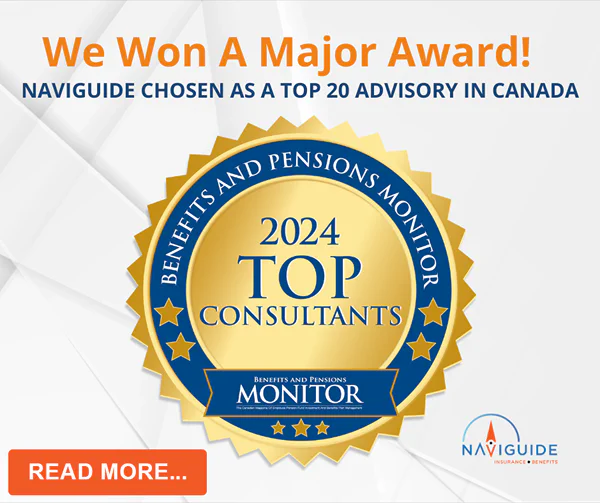The following notes were taken from an employment law seminar I attended in February 2023 and 2024. The following does not constitute legal or HR advice. This is simply a list of items you need to consider when you have employees who work from home. It likely misses many points. We highly recommend that you engage an employment law firm or HR specialist to help you consider these points and add appropriate wording to your employment contracts.
The purpose of this document is to help make clear how important it is to have a professional draft your HR documentation & processes. This is just one small part of a proper employee contract.
Here are some of the topics covered in those sessions:
 Set guidelines about how to work from home (expectations) and include wording about right to call employees back in at any time. (A general policy may not be enough)
Set guidelines about how to work from home (expectations) and include wording about right to call employees back in at any time. (A general policy may not be enough)- Expectations about work productivity in advance of people starting to work from home
- Limitations for where you can work out of office (Home, Starbucks, hotels, etc.)
- Clarify who pays for what expenses (internet, furniture, etc.)
- Clarity on if overtime or non-workhour work is allowed
- State: If you mandate return to office, this will not constitute loss of human rights or change of contract
- Be clear about your availability expectations
- Include wording about hour tracking and what methodologies will be used.
- Internet speed requirements
- Methods of how to get in touch
- Advance notice about employee moving and ability to make clear if the employee can work or move out of province.
- Health & Safety in BC
- Refer to the remote work policy as stated in OHS legislation
- Requirements for home risk assessments with process to report hazards, injury, and emergency evacuation form home.
- Ergonomics of workplace
- Do you send in an Occupational Therapist for each person?
- How do you ensure proper workplace set up?
- Employer follow up on reported incidents
- Video chat to see office and ergonomics or send someone over
- Daily check-ins
- If & how will monitoring will happen
- Refer to the remote work policy as stated in OHS legislation
For the next two items, we recommend your policy state: written permissions needed for work from home or other province or country.
- Out of province working
- State terms (maybe with limits) as to length of time working out of province
- Contract needs to reflect laws of that province (Head Office location may be secondary to location of where worker is working / living)
- Out of country
- Not recommended
- Need to get local legal advice for that country and in your prov of H.O.
- Are you ready for rules imposed by other countries.
- Potentially extra costly
- Remote worker rights
- Employers must follow OHS in every province even for people working from home
- Home work station must be ergonomically correct. It is employers responsibility to ensure.
- Workers can claim WCB for workplace injuries due to ergonomics
- Employer should provide proper work station equipment
- Security risks
- Phone / email / others listening in / Ability to use VPN / Firewalls Anti-virus if using own PC / Unsecured Wi-Fi / Etc.
- Ability to use video cameras to ensure who you are communicating with
- Electronic file storage rules
- Include these terms in Employee Handbooks
- Include data protection training
- Other tips:
- Productivity tracking
- State in writing or contract about your right to use monitoring apps / software
- Refer to the privacy commissioner of Canada
- Refer to the BC office of the privacy commissioner or that of the province in question
I know this adds complexity. The point here is that you must protect your company. This is a simple step you can take to create clarity and set expectations.
If you have any questions, always feel free to ask. Remember, I am not a lawyer or HR professional. I can simply provide the thoughts for you to take to the employment professionals.
I hope these points have been helpful.
Jay Nadler, Employee Benefit Specialist.
Want to know more?




